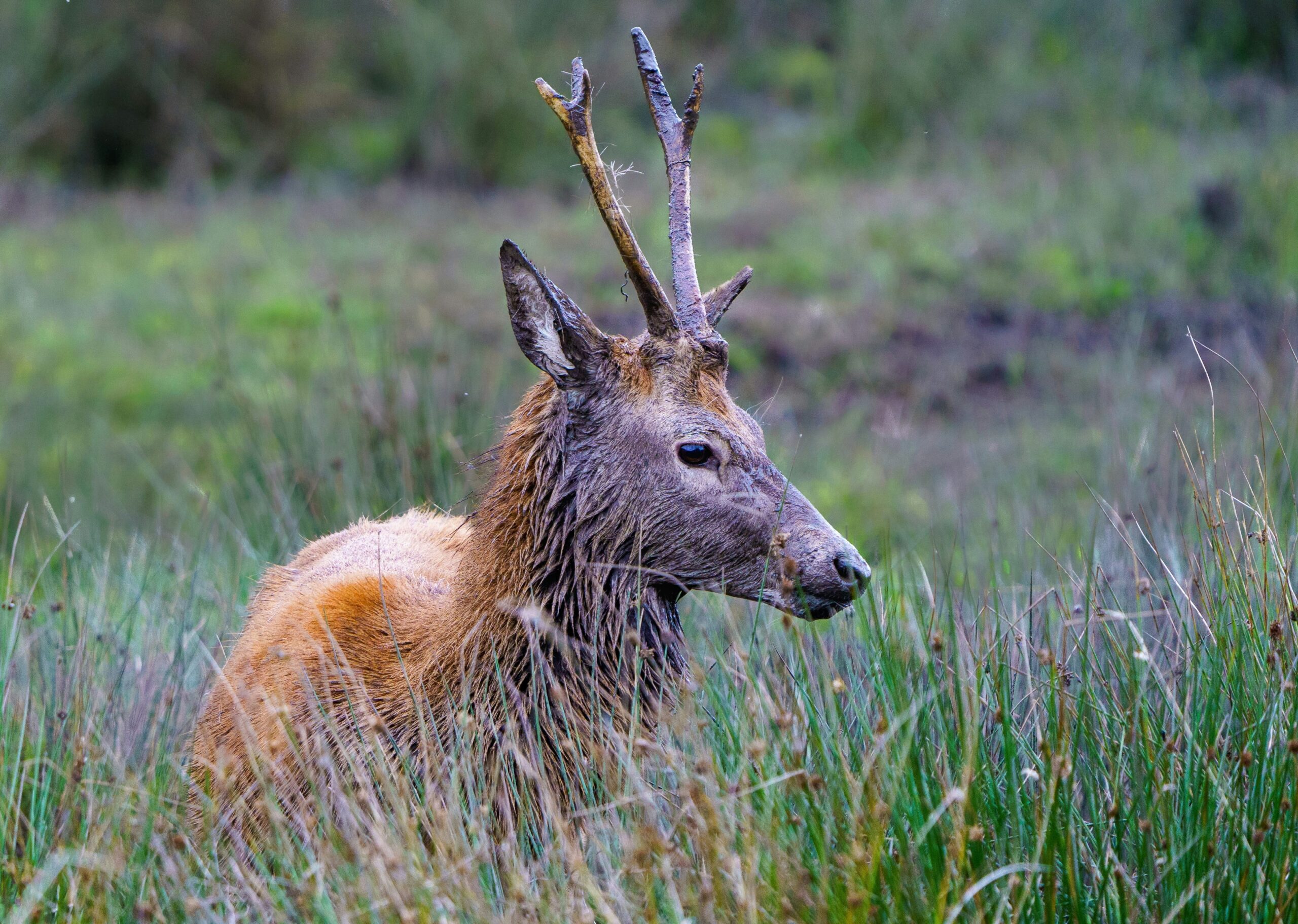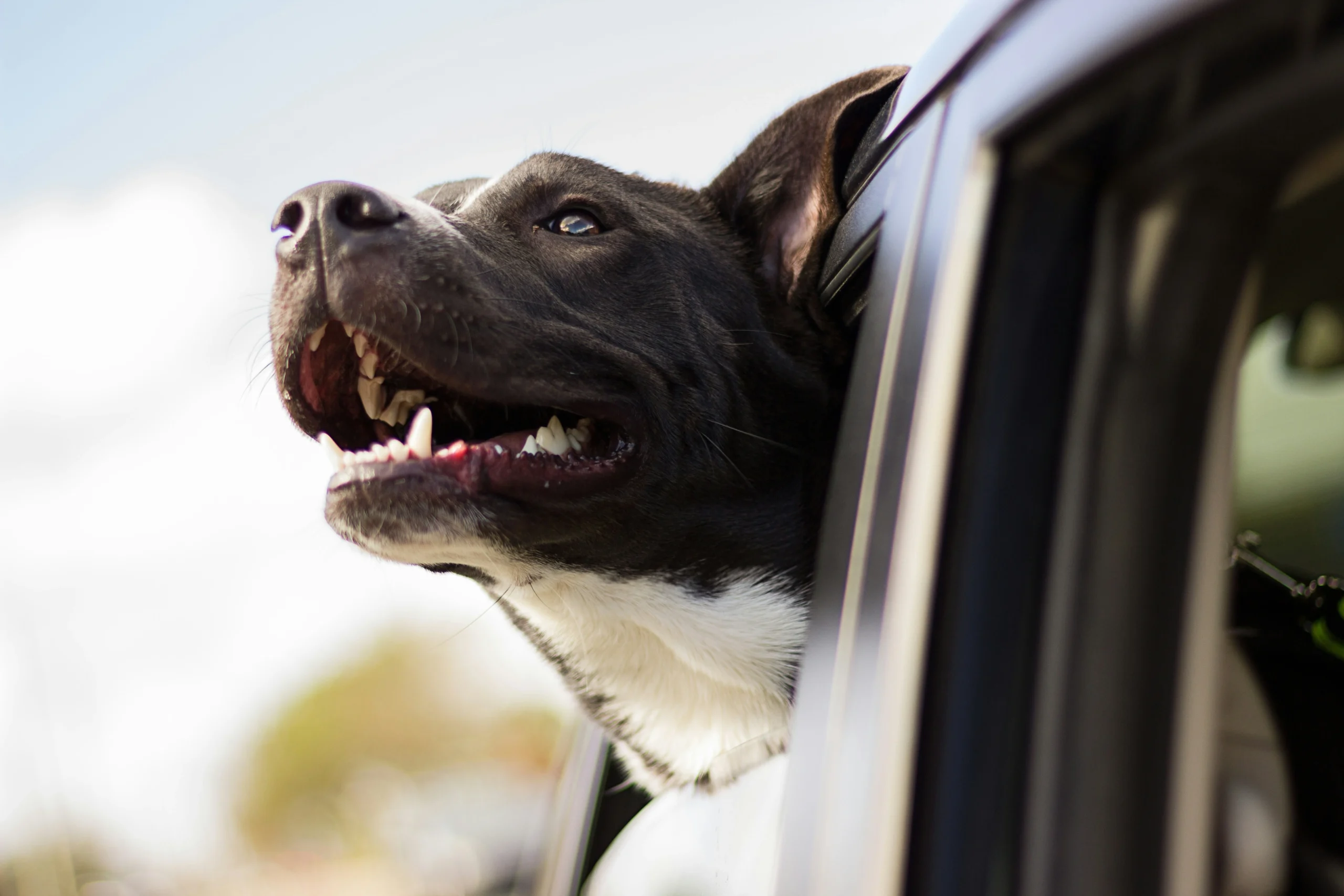How to keep your dog safe in the event of a sting
Bee and wasp stings are a common problem for pets across the UK during the summer months. Our dogs and cats are naturally inquisitive animals and will often chase insects, inevitably leading to the odd bite and sting. These can be highly dangerous and even life threatening, but before you stop your animal venturing into the garden here’s a little more information from your Cheshire vets.
What to do for routine stings
A routine sting will not normally require veterinary treatment. If your dog or cat is stung you should check the skin for the stinger and remove it. Try to avoid using tweezers as this can squeeze out extra venom into the skin. Your animal may appear in pain for a short while before livening up and going about their business again. You can remedy the pain by applying a mixture of water and baking soda to the affected area for bee stings and vinegar for wasp stings.
Pets often get stung on their face
Due to their inquisitive nature many dogs and cats get stung on their face and nose. This can be as the result of sniffing flowers or following them with their nose. Unfortunately they may also get stung by a bee or wasp by trying to eat them. This can potentially be serious as it often causes their tongue or throat to swell up and block their airways.
When can stings be serious?
Not only do the stings from bees and wasps puncture your animal’s skin, but they also contain a small amount of poison that is painful. The fact that stings contain venom means that they can on occasion be serious. If your dog or cat is stung multiple times by a swarm you should seek veterinarian advice immediately. Stings in the mouth can also be serious causing their throat to swell and blocking the airways.
Signs of allergic reactions
Allergic reactions to bee and wasp stings in cats and dogs are fairly common. These can potentially be dangerous and if the reaction seems severe you should contact your emergency Cheshire vets team immediately. Signs of allergic reactions to bee stings include: –
- General weakness in the affected area and spreading to other limbs
- Breathing difficulty
- Swelling in sting area spreading away from the sting site
Always monitor your pet’s behaviour in the outdoors
Spotting signs of a wasp or bee stings early is important to ensure it doesn’t become a serious issue.
If you are concerned by a bee or wasp sting contact us immediately on 01565 337999. For more information on any medical concerns with your animal contact us today.





